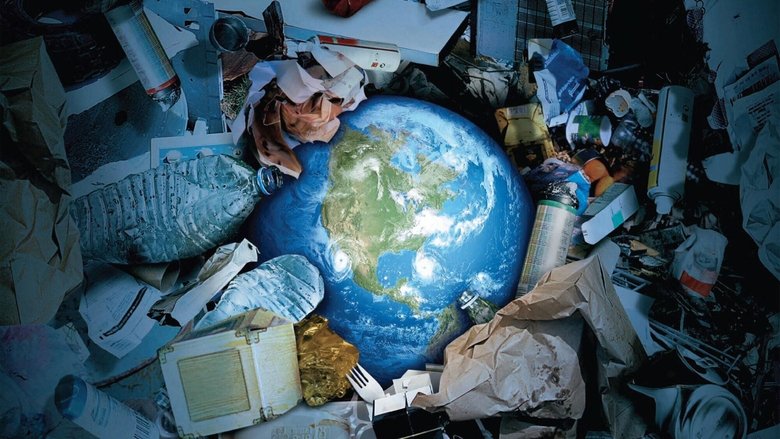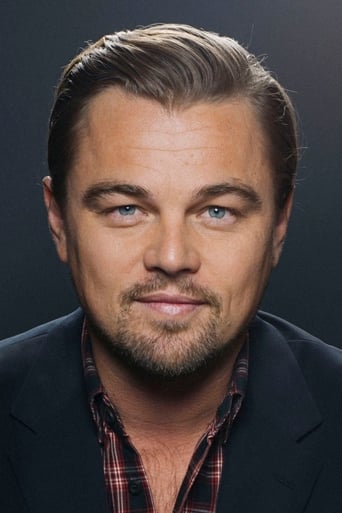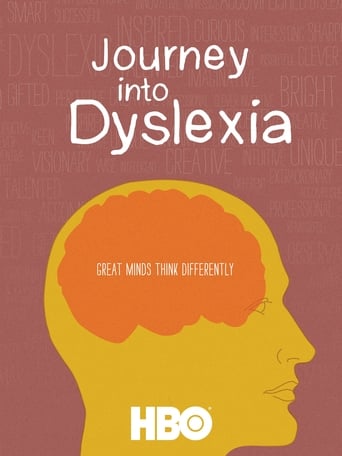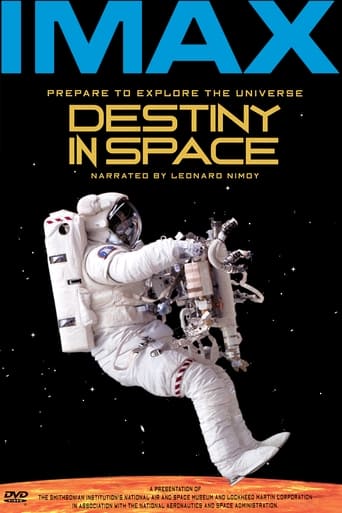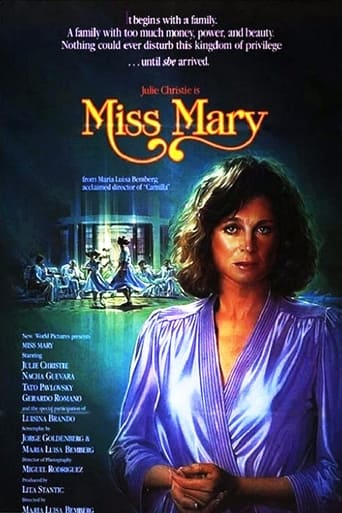The 11th Hour (2007)
A look at the state of the global environment including visionary and practical solutions for restoring the planet's ecosystems. Featuring ongoing dialogues of experts from all over the world, including former Soviet Prime Minister Mikhail Gorbachev, renowned scientist Stephen Hawking, former head of the CIA R. James Woolse
Watch Trailer
Cast


Similar titles
Reviews
I like the storyline of this show,it attract me so much
Thanks for the memories!
I don't have all the words right now but this film is a work of art.
This is a small, humorous movie in some ways, but it has a huge heart. What a nice experience.
Leonardo DiCaprio lends his prominence to forward this important documentary about the human footprint and its consequences in the destruction of our environment. Less factual than "An Inconvenient Truth", "The 11th Hour" goes into a more emotional cry for attention and reaction, less focused on the head, more on the heart. Despite this the list of people shouting at us and forewarning us isn't a bunch of crazed lefties, but the cream-de-la-creme of the scientific, business and ecological world. This helps somewhat override the concern that the shock factor somewhat overwhelms the movie, as you can see that this is not a cry for attention made by just anyone. It is made by those who know what they are talking about.In itself "The 11th Hour" is somewhat of a hatchet job of a documentary, pasting together all the elements in a chaotic tale of of chaotic influence of all life on the planet. Compared to Al Gore's measured tone, DiCaprio feels somewhat condescending and overexuberant, as if taken from a National Geographic wildlife feature. All in all however this is one of those rare movies, where the outer quality is trumped by the messages it contains, making it a recommended watch throughout.The movie is somewhat devastating and depressing, anyone with half a brain would heed the warning within it and reach out for the hope with which it ends. Unfortunately however I lack the same faith in humanity and can't bear to watch the self-destructive tendencies inherent to our capitalist and corporational model hell-bent on profit, no matter the cost. Preferably one such movie would be made each year and every year we would be offered an opportunity to monitor how well or how badly we are coping with the biggest threat in the history of life: humankind.The end message is especially tragic: Earth will survive this ordeal. Unfortunately we won't be there to observe this happen, unless we dramatically change the world we live in.
A companion-piece of sorts to "An Inconvenient Truth," "The 11th Hour" is an informative and compelling documentary about the adverse impact humanity is having on the place we call home.Written and directed by Leila Conners Petersen and Nidia Conners and produced and narrated by Leonardo DiCaprio, "The 11th Hour" shows how de-forestation, the polluting of the air and water, the over-consumption of fossil fuels, the overwhelming accumulation of waste, etc. are collectively contributing to the larger problems of global warming and climate change. It chronicles the impact such changes will have on the people of the planet, as widespread droughts, mega-storms and rising waters make themselves felt with ever-increasing frequency and force.As the filmmakers see it, the root of the problem lies in the disconnect between humans and the environment, in our self-absorbed insistence that nature is ours to subdue and dominate, not to live in harmony with. In an ironic twist of fate, it is that very attitude that may well lead to our ultimate destruction. For it is plainly evident that in a battle between humans and the planet that sustains us, the planet will emerge victorious in the end.After making its case on the scientific level, the movie then takes on the monetary and political forces that make addressing this issue so difficult to do on a practical basis. It goes after profit-driven multinational corporations – primarily the oil industry – for, essentially, buying politicians and, thus, effectively disenfranchising the everyday citizen and voter. But those citizens don't get off scot-free either, as the film makes the point that it is the near-universal obsession with rampant consumerism that greatly contributes to the problem.The last third of the film is devoted to finding solutions to the problem, to designing and developing new technologies that will actually help to make it possible for us to live in harmony with nature. The argument is that this new technology will ultimately result in a new economy, one based on clean-energy and recycled resources, rather than heavily polluting fossil fuels.Scientists, authors and other experts in the field – including Stephen Hawkings – are interviewed throughout the course of the film.The movie ends on an upbeat, power-to-the-people note, showing how all individuals can make a difference by raising their awareness and making informed and thoughtful choices in what they do and buy – and by getting involved.It's an inspiring message from an inspiring film.
I was glad to see that this documentary covered just about every major environmental problem, including overpopulation, which is often left out of such presentations; it gets treated as somehow unavoidable.This film was themed like a number of Peak Oil documentaries that show the collision between human excess and natural systems, and repeatedly point out that attitudes need to change.Despite the usual hopeful pleas, you get a sinking feeling that not much is going to change because the momentum of economic growthism and consumerism is too strong. I see little reason for optimism when observing the shopaholic drones around me. I can see this triggering standard denial mechanisms among right-wingers who cling to religious dogma and dominion attitudes toward nature, which the film constantly dispels. I'm sure they think DiCaprio is just another Hollywood "elitist" with the luxury of having a good life while "honest working stiffs" just want to be left alone to pilfer nature and bring home a paycheck (the usual tunnel-visioned attitude).I wish some of the talking heads had singled out those types for criticism instead of dwelling on a few rotten politicians and corporate entities. Not all corporations are mindless. There are just certain people throughout history who've never respected nature. Those are the ones who need the biggest attitude adjustment (or maybe an intelligence pill).Still, I liked the overall coverage of issues. I would recommend this as a primer for those who (somehow) aren't aware of what people are doing to their only means of life-support.
The 11th Hour is all information, all the time, with hardly any room for anything else. However, I found afterward that I had absorbed a lot of its messages and heeded them urgently. As you can presume from the title, we are in the last "hour" of Earth's yearly calendar.This documentary, which seems essentially like a class project, wows us with frightening, time-stressed revelations such as that there was a time when Earth lived on present energy. This year's sunlight fed and warmed this year's crops and organisms. But, by taking advantage of coal and oil, we have literally set fire to millions of years of gathered energy as fast as possible, and the consequence is toxic greenhouse gasses, global warming and planetary disproportion. What sits latterly of this suicidal consuming binge? Stephen Hawking, if one can look beyond the shock of seeing him and hearing him in his current state, depicts a future in which Earth is on a par with Venus, with a temperature of 482 degrees Fahrenheit. There would still be rain, sulfuric acid rain.In his noble pet project, Leonardo DiCaprio has amassed a collection of esteemed authorities to address from their fields of expertise regarding how we are damaging and overexploiting our only home, and what we might perhaps do to overturn these problems. Though there does not seem to be a great deal of effort behind the composition of this film, its contributors brandish their cold and terrifying understanding of a big element of the entire issue: We don't have much time. Architects describe how we could build buildings that would use solar energy, expend their own waste and operate much like a tree. And then it hits you: We've cut down so many trees that we must now assume their functions with our own technology. There is no reason every home should not have solar panels on the roof to heat, light and cool itself. Well, one reason, actually: It saves you money. The energy companies would and do oppose anything that may pass on their own massive financial backing toward ecologically productive homeowners.We hear of the destruction of the forests, the imminent death of the seas, the melting of the polar ice caps, the ensnaring of greenhouse gases. The most disturbing shot in the whole movie is brief, a human clubbing a baby seal to death. He does this in the name of oil. Seals have famously been incidentally massacred in the name of oil. All of this is of dire necessity to know. Time is of the essence. But are we too selfish to care? Why aren't more people buying hybrid cars? They can run for a year and pump less pollution into the atmosphere than a gallon of paint. They can get a third up to a half more fuel mileage. So you ask people if they're getting a hybrid, and they squirm and answer evasively because they would rather stand by the old way of spending more on gas and polluting the atmosphere.


